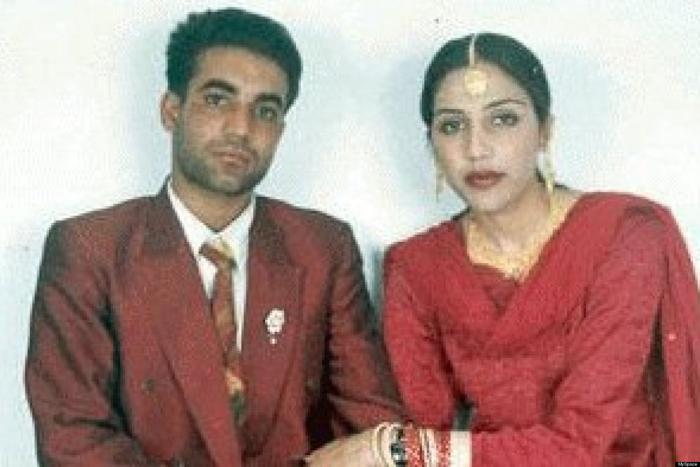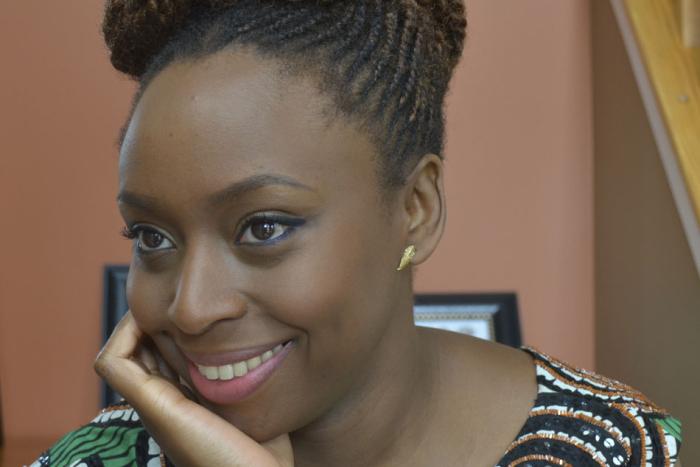Addicts simply can’t be trusted. That’s why, as a resident of the city in which Rob Ford is mayor, I’ve been incessantly clicking refresh on Twitter to find out the latest news. My finger is getting sore. I keep my tablet at the kitchen table in case any more information comes out while I’m wolfing down a bowl of cereal (need to get back to the computer, you see). When I leave home, I’m staring at my smartphone, desperately searching for the newest scrap about Ford. But can you blame me? If the leader of my city is an addict, he is also unfit to lead, and I must know if that’s true. So I keep checking the web, over and over and over.
So, fine, I’m being a bit tongue-in-cheek. But there has been an odd symmetry of “addiction” at work in the past few days. Scores of people in Toronto, Canada, and abroad have been compulsively refreshing their browsers for news about the strange story, watching their productivity plunge in the pursuit of novel facts about two men embroiled in allegations of drugs.
On the one hand, the Ford story has a compelling mix of dimensions: legitimate civic concern; prurient interest; deeply emotional political investment; and even a curious amount of pathos. There’s also the lingering feeling that, ultimately, we know what’s going to happen—it’s just a question of how and when it all explodes. No wonder people are glued to their screens.
On the other, there’s something circular about this story of addiction and its intricate connections to technology that is troubling. There is a chain of digital phenomena—the smartphone, Gawker and crowdfunding, video effects, social media—that swirl around the case. Each exists within much larger networks that make the creation, distribution and consumption of information ever faster, ever more immediate. The news is made, reported on, consumed and discussed at an increasingly rapid pace. It all results in a situation in which we are all a bit like addicts who, having developed a tolerance to the mild dose, keeps seeking purer stuff to achieve an ever more intense high.
At what point, though, does one step away from the screen and ask: is this making my life better? The trouble is that humans are built to receive new information. As this fascinating write-up from Megan Garber at The Atlantic suggests, the web is beguiling because it is a structure to give you new stuff. From cat videos to emails from friends to news about Ford, it’s a medium that becomes a never-ending stream of neurochemical hits. It’d essentially be impossible to design something more suited to satisfying the urge for the novel than the Internet.
But if that neurological structure is at the heart of our curiosity, it’s also the core of the page-view model online, that incessant push for clicks. It’s one reason why digital technology has been so good at atomizing “content”: when you break things down into slideshows, tweets, and 200-word blog posts, it’s more easily consumable. It’s also why the salacious and the simple is so popular online, as if information is now like corn reduced and refined into high-fructose syrup. It’s not so much that the technology is inherently evil but, rather, that its application under particular economic demands can often make it seem that way.
Yesterday, the Rob Ford “Crackstarter” that aimed to raise money to buy the alleged Ford video reached its $200,000 crowdfunding goal. Thousands of people literally watched the moment the total rolled over, it becoming yet one more tidbit of info in the absurd, ongoing saga. Yet, despite the rapt attention, the reaction I saw scatter across the Twitter-sphere was one of profound ambivalence. No one knew quite how to feel, as if there were an overall mood of, “Uh... yay?” Was this good or bad news? No one really knew. It’s almost as if we find ourselves sitting in front of a screen, accumulating things, experiencing sudden bursts of emotion, obsessed with the newness of it all, the prurience, the novelty, the sheer rush of addiction—but are utterly unsure what any of it means.
Read The Gift of Ford, a Hazlitt E-Book Original by Ivor Tossell.






